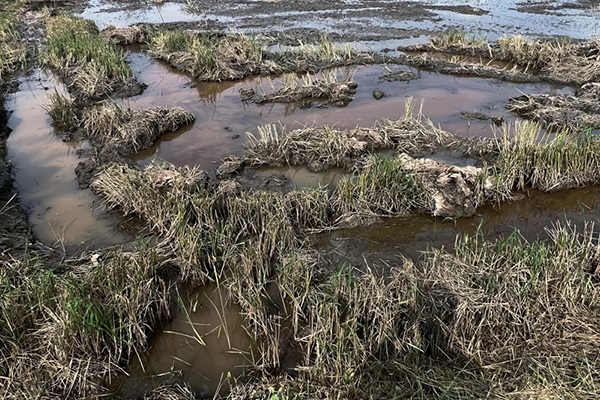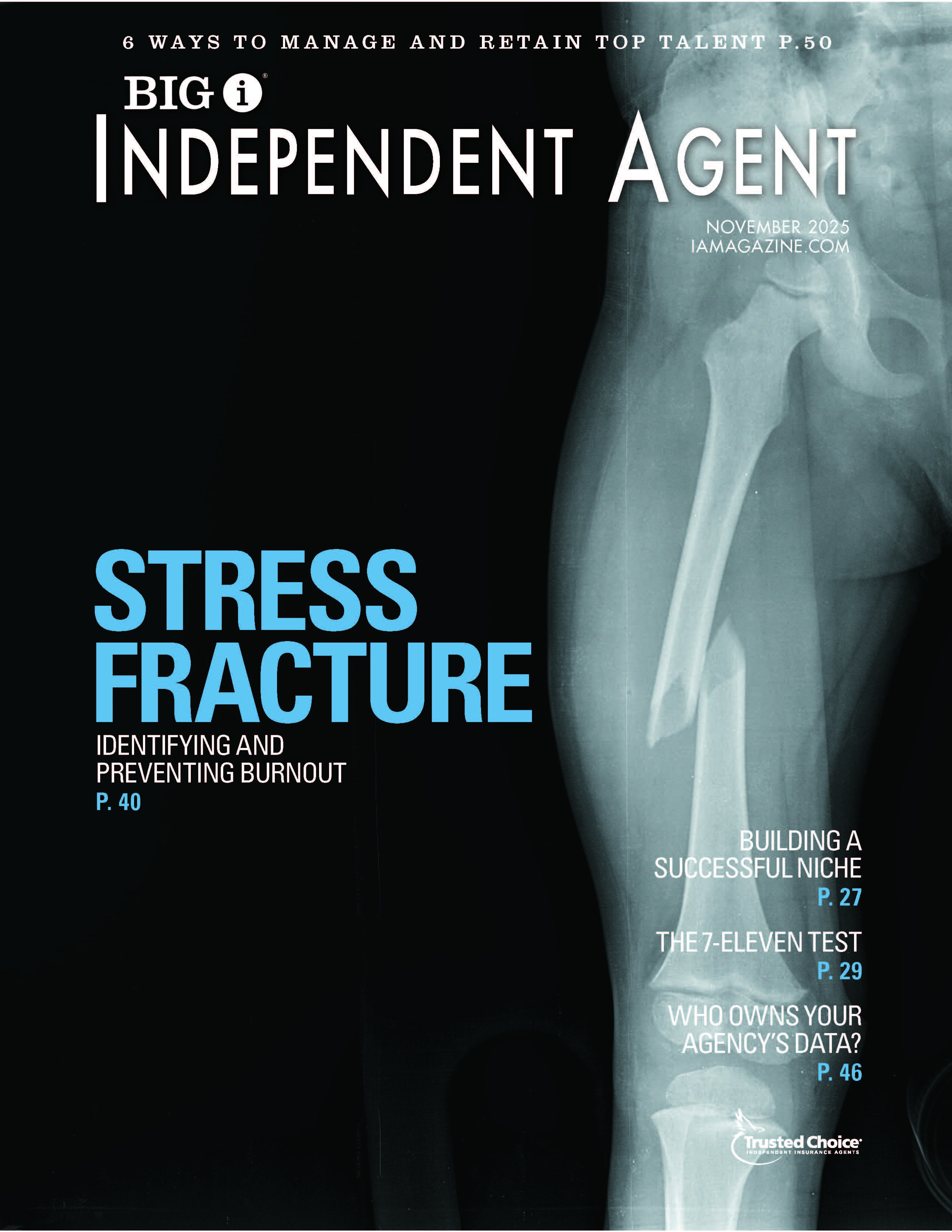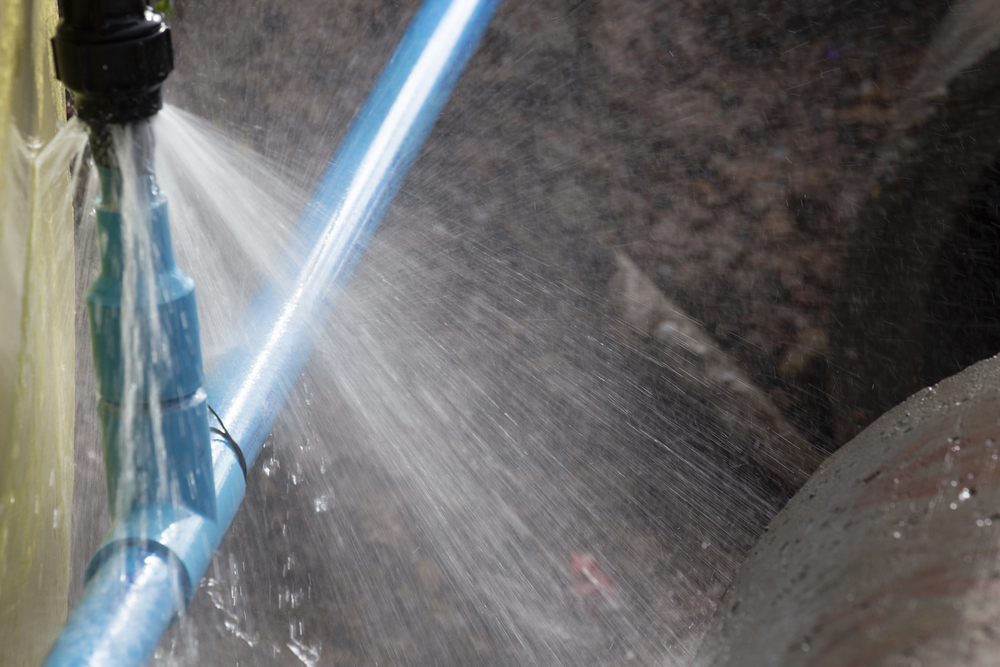Service Line Endorsement: Is Damage to a Drain Field a Covered Loss?

By: Big “I” Virtual University Faculty
Q: A homeowners insurance client in Arizona has a policy that includes service line coverage. His mound system drain field failed, which caused water to back up. There is no damage to the home, but the drain field needs to be replaced. On inspection, the Department of Safety and Professional Services found that there was “significant biomat growth inhibiting the infiltration of wastewater into the soils.”
However, the carrier originally declined the claim because the piping or wiring are not damaged, even though piping is part of the drain field. Does that mean the drain field would be considered service line property and is therefore covered?
Response 1: I talked to our plumber about this loss. Here’s what he said:
“Usually, a service line policy is something a person buys that covers their water line from the meter to the house, or the sewer line from the point where it exits the house to the connection to the city sewer. I don’t know whether such a policy would cover the drain field on a septic system. In a septic system, the line exits the home and goes to the septic tank. It exits the septic tank and goes to the distribution box, where it splits into one, two or three lines that go out into the drain field where it is disbursed into the soil.”
Below is the definition of the service line in the service line endorsement:
1. DEFINITIONS is amended. The following definitions are added for purposes of this endorsement only.
c. Service line covered property means any piping or wiring that provides the following services to a residence premises: electrical power, heating, natural gas, waste disposal, compressed air, water, steam, internet access, telecommunications services, wide area networks or data transmission. However, service line covered property does not include any piping or wiring that is not underground.
d. Service line occurrence means a leak, break, tear, rupture, collapse or arcing caused by:
- wear and tear;
- rust or other corrosion, decay, deterioration, hidden or latent defect;
- collapse, but not including sinkhole or subsidence collapse;
- electrical and mechanical or pressure systems breakdown; or
- freeze.
Service line occurrence will only apply to causes of loss listed above.
However, you also note that you had a state inspection after the loss. The inspection says the current system is a “limiting factor” and “this system must be discontinued from use and a new system must be installed.” While damage by wear and tear is covered, the policy does not cover damage caused by bacteria and pollutants.
Response 2: If the drain field failed, that is a drain field problem. It does not appear that the service lines failed in any way. Service line covered property is the piping or wiring that serves a covered residence. The drain field is not a service line, even if it is connected to one. In the same way, the covered house is not a service line, even though service lines are connected to the house.
Response 3: It’s important to note that the state inspector said the system failed due to bacteria forming a biomat and preventing it from draining correctly. The state inspector says that “at no point…has this system been approvable to install.”
Therefore, this is a construction defect, not an accident, and was caused by the installation of an improper system that allowed bacterial growth. There is no coverage under this policy. The homeowner may have more luck with the contractor who built the house and system.
Response 4: If the drain field was crushed by a runaway earthmover from a nearby construction project, I think you’ve got a chance for coverage on the damaged pipes. If it simply got old and stopped working, I think you’re out of luck.
The form covers damage to the pipes by certain specified perils. If there’s direct damage to the underground pipes of the system and that damage was caused by one of the covered perils, you’re on your way to partial coverage. But even if there’s a covered loss to some of the piping, replacing the entire septic system isn’t a feature of this endorsement.
Your argument that the loss should be covered because the system includes pipes just doesn’t hold water. It’s like saying nuclear contamination of a house should be covered because the damaged property is a house. The argument confuses covered losses with covered property.
Response 5: I’m sorry to say that I agree with the insurer on this. There was apparently no covered cause of loss that caused the field to fail, and it is not a form of equipment, such as piping and related wiring. Also, the need for replacement seems to be due to pollution, and is presumably uncovered for that reason alone.
This question was originally submitted by an agent through the Big “I” Virtual University’s (VU) Ask an Expert service, with responses curated from multiple VU faculty members. Answers to other coverage questions are available on the VU website. If you need help accessing the website, request login information.
This article is intended for general informational purposes only, and any opinions expressed are solely those of the author(s). The article is provided “as is” with no warranties or representations of any kind, and any liability is disclaimed that is in any way connected to reliance on or use of the information contained therein. The article is not intended to constitute and should not be considered legal or other professional advice, nor shall it serve as a substitute for obtaining such advice. If specific expert advice is required or desired, the services of an appropriate, competent professional, such as an attorney or accountant, should be sought.










